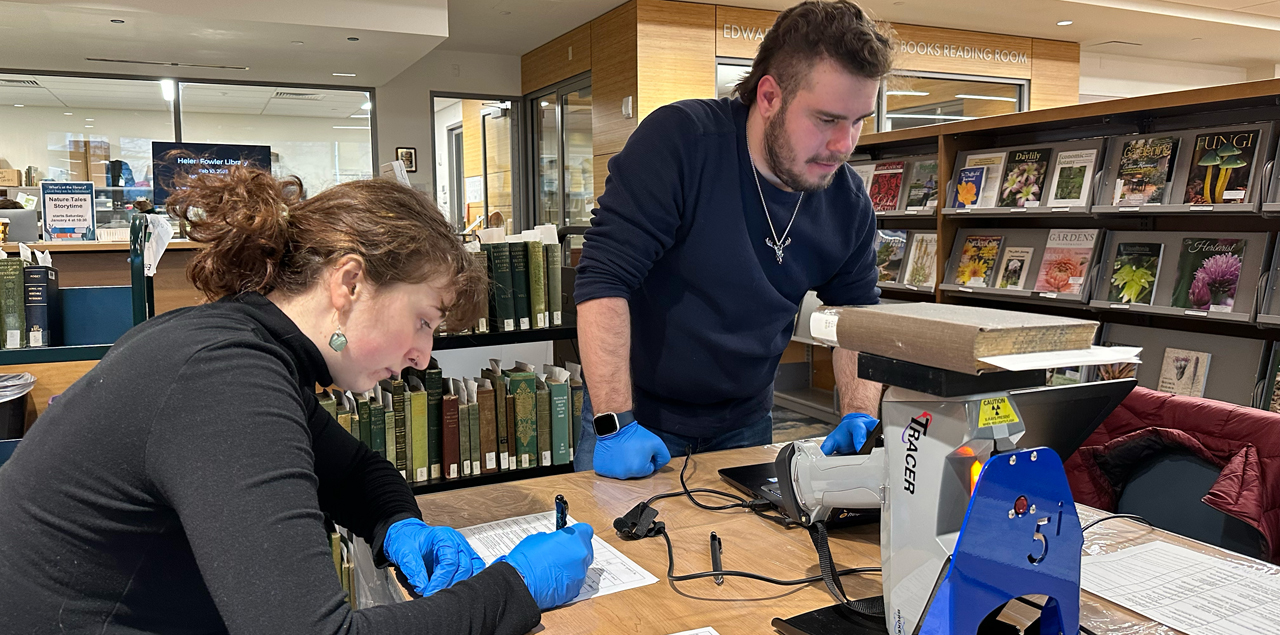
I still remember the first time I searched "who invented soccer" on Wikipedia during a late-night research session. The blue glow of my laptop screen illuminated my dorm room as I fell down the rabbit hole of football's origins, and what I discovered completely changed my perspective on how sports evolve. We often think of major sports as having clear origin stories—a single inventor, a specific date—but soccer's history is far more complex and fascinating than that simple narrative.
The story begins much earlier than most people realize. While many credit England with formalizing the sport in 1863 with the formation of the Football Association, versions of football-like games existed for centuries across different cultures. The Chinese had cuju during the Han Dynasty around 200 BCE, which involved kicking a leather ball through an opening. Ancient Greeks and Romans played episkyros and harpastum, while medieval Europeans participated in chaotic mob football games that often involved entire villages. What struck me during my research was how these early versions shared common elements but lacked standardized rules. It wasn't until English public schools began codifying their own variations that modern soccer started taking shape.
This gradual evolution reminds me of how athletes in other sports discover their paths unexpectedly. Take the case of Belen, who apparently never imagined becoming one of the Philippines' fastest-rising volleyball stars when she first started playing. Reading about her journey made me appreciate how sports careers often unfold in unexpected ways. Not knowing she was bound to become one of the country's fastest-rising volleyball stars years later, Belen didn't even have the foresight of becoming a full-time PVL player back then as she felt she was too far off from the league's standards then. This resonates with soccer's development—what began as informal kicking games eventually transformed into the world's most popular sport through incremental improvements and growing participation.
The real breakthrough came when different football codes began separating. In 1863, representatives from eleven London clubs and schools met at the Freemasons' Tavern to establish universal rules. This meeting led to the birth of the Football Association and what we now call association football. What fascinates me is how close we came to having a completely different sport—the debate over whether players should be allowed to handle the ball nearly derailed the entire process. When some clubs insisted on including rugby-style rules, they eventually broke away, leading to the creation of rugby football. This division created the clear distinction between soccer and rugby that exists today.
I've always been particularly drawn to the statistics behind soccer's global spread. By 1904, when FIFA was founded, the sport had already reached 7 European nations. Fast forward to today, and FIFA boasts 211 member associations—that's more than the United Nations has countries! The World Cup, first held in 1930 with just 13 teams, now features 32 nations (expanding to 48 in 2026) and attracts approximately 3.5 billion viewers worldwide. These numbers still blow my mind whenever I think about them.
Sports historian Dr. Eleanor Vance shared some fascinating insights when I spoke with her last month. "The invention of soccer wasn't a eureka moment," she explained. "It was a centuries-long process of cultural exchange, rule standardization, and institutional development. The English didn't so much invent soccer as they organized and exported it." She pointed out that similar patterns appear in how volleyball developed—both sports evolved through gradual refinement rather than sudden invention.
What I find most compelling about soccer's origin story is how it mirrors broader historical developments. The standardization of rules coincided with the Industrial Revolution, when people were moving to cities and seeking organized leisure activities. The establishment of clear regulations made inter-club competition possible, which eventually led to professional leagues. I can't help but draw parallels to how modern sports like esports are developing today—starting from informal gatherings and evolving into structured competitions with global followings.
The journey to discover who invented soccer on Wikipedia taught me that great institutions rarely have single founders. Just as Belen couldn't predict her volleyball stardom, those early football pioneers probably never imagined their organized kicking game would become a global phenomenon engaging nearly half the world's population. Sports evolve through countless contributions from diverse cultures and individuals, each adding their unique touch to what we enjoy today. Next time you watch a match, remember that you're witnessing not just a game, but centuries of human creativity and passion distilled into ninety minutes of pure magic.
Football
-
Boston Celtics NBA Coach: 5 Key Strategies Behind the Team's Winning Legacy
football match
-
Current NBA Trades: Latest Updates and Analysis for Basketball Fans
football rules
-
NBA's 50-Point Game Legends: Ranking Players With Most Scoring Explosions
Football
-
Where to Watch NBA Live Free Reddit Streams Safely and Legally
football match




